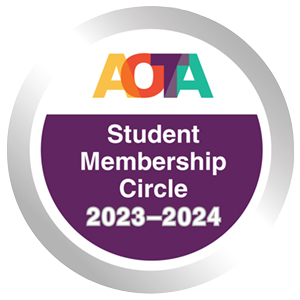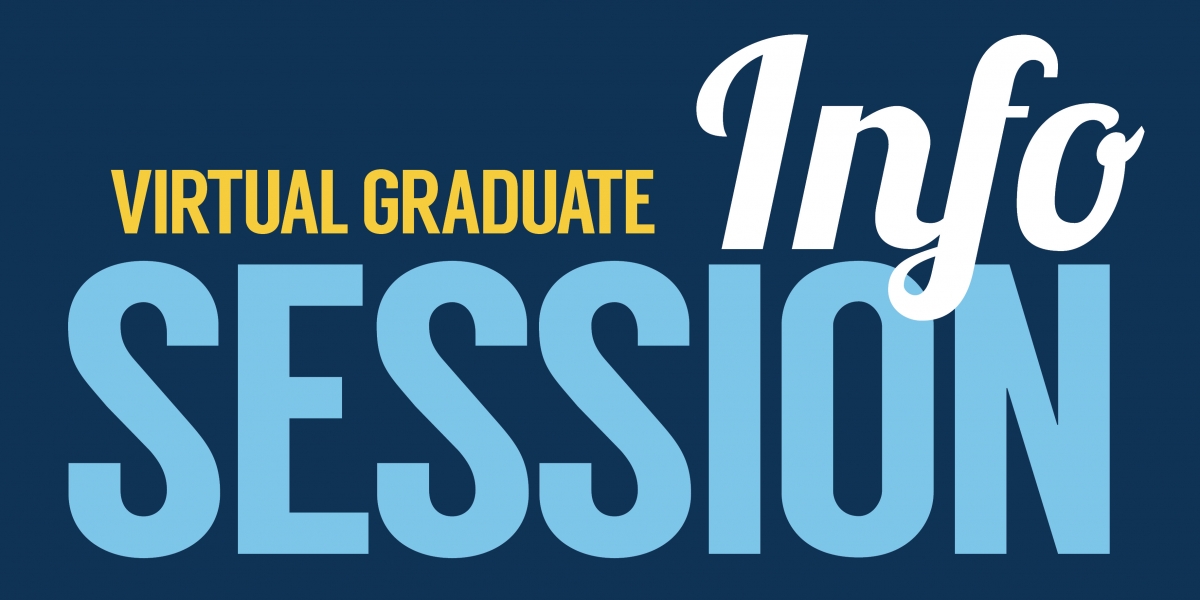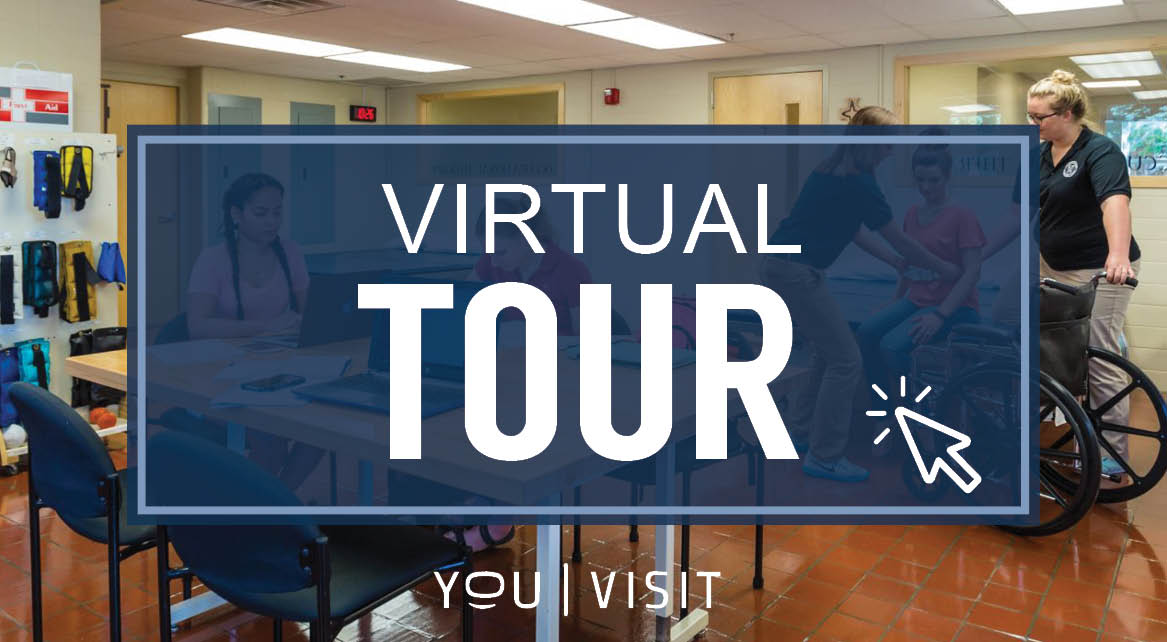Pre-Occupational Therapy Pathway
A Clear Path to Your Future in OT
If you know you want to become an occupational therapist, College of Saint Mary offers a direct path from your undergraduate studies into our Doctor of Occupational Therapy (OTD) program. With strong advising and built-in progression benchmarks, you’ll move confidently from Pre-OT to your doctorate, all on one campus.
Students can move directly from their bachelor’s into the OTD program and enter the profession as licensed occupational therapists just six years after finishing high school. This is an accelerated undergraduate experience, including the possibility of summer classes.
Why Choose Pre-OT at CSM?
- Start with Your Major: Choose a field like Rehab Sciences, Psychology, Kinesiology, Biology or another undergraduate major you’re passionate about.
- Accelerated Entry (3+3): Earn both your bachelor’s and doctoral degrees in just six years.
- Guided Advising: Dedicated faculty and professional advisors help you meet yearly progression benchmarks to stay on track.
- Preferred Admission: Meet program requirements and get guaranteed admission in the CSM OTD program as you advance.
Small Campus and Class Sizes Appeal to OTD Students
See what it’s really like to be a student here, why they chose College of Saint Mary, the moments that made the biggest impact, and how their program is shaping their future.











